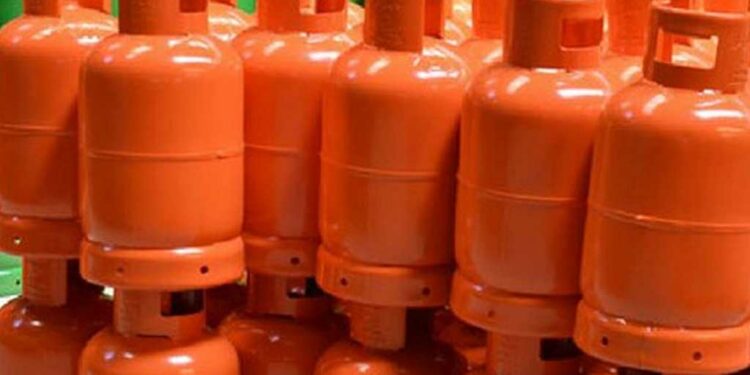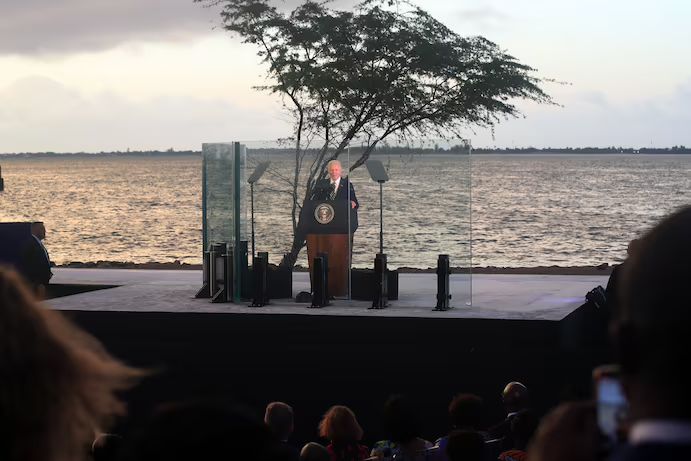VAT Remove On Diesel and Cooking Gas – FG

The Federal Government of Nigeria has announced significant tax reliefs aimed at boosting investments in the oil and gas sector and promoting the transition to cleaner energy sources.
In a bold move towards revitalizing Nigeria’s oil and gas industry, Finance Minister Wale Edun unveiled two major fiscal incentives: the VAT Modification Order 2024, which introduces exemptions on key energy products and infrastructure, and the Notice of Tax Incentives for Deep Offshore Oil & Gas Production.
These measures, according to the Ministry of Finance, are designed to lower the cost of living, bolster energy security, and accelerate Nigeria’s transition to cleaner energy sources.
The move comes at a crucial time for Nigeria’s oil and gas sector, which has been facing stiff competition from other countries in attracting investment and maintaining its position as a key player in the global oil and gas market.
The announcement also reflects President Bola Tinubu’s commitment to promoting sustainable growth and driving economic prosperity for all Nigerians through investment-driven policy initiatives.
With the implementation of these tax incentives, the Nigerian government hopes to position the country as a premier destination for global oil and gas investments and encourage the development of clean energy sources.
The VAT Modification Order 2024, one of the incentives announced by the Finance Minister, exempts a range of key energy products and infrastructure from the value-added tax, including diesel, feed gas, Liquefied Petroleum Gas, Compressed Natural Gas, electric vehicles, Liquefied Natural Gas infrastructure, and clean cooking equipment.
This exemption is expected to lower the cost of living for Nigerians, as well as promote energy security and the transition to cleaner energy sources.
In addition, the Notice of Tax Incentives for Deep Offshore Oil & Gas Production offers new tax reliefs for deep offshore projects, which could make Nigeria’s deep offshore basin a more attractive destination for global oil and gas investments.
The Nigerian government hopes that these incentives will position the country as a leader in the global oil and gas market and help it to reclaim its position as a key player in the industry.
As Nigeria continues to face challenges in its oil and gas sector, including declining revenues and competition from other countries, these fiscal incentives are a significant step towards revitalizing the industry and positioning the country for future growth.
However, it remains to be seen how successful these measures will be in attracting investment and driving economic growth in the sector.
As the Nigerian government works to implement these reforms and address the broader challenges facing the oil and gas sector, it will need to continue to strike a balance between promoting sustainable growth, protecting the environment, and meeting the needs of the Nigerian people.
Looking beyond the immediate implications of these tax incentives, the Nigerian government’s announcement also highlights the growing importance of clean energy in the country’s energy mix.
As Nigeria and other countries around the world face increasing pressure to reduce their reliance on fossil fuels and transition to cleaner energy sources, the exemptions for electric vehicles and clean cooking equipment represent a significant shift in policy and a recognition of the need for a more sustainable energy future.
References and Citations:
- Independent – FG remove VAT on Diesel, cooking gas to crash prices
- Tribune – High cost: FG remove VAT on Diesel, cooking gas, electric cars
- Punch – FG stops VAT on Diesel, cooking gas






